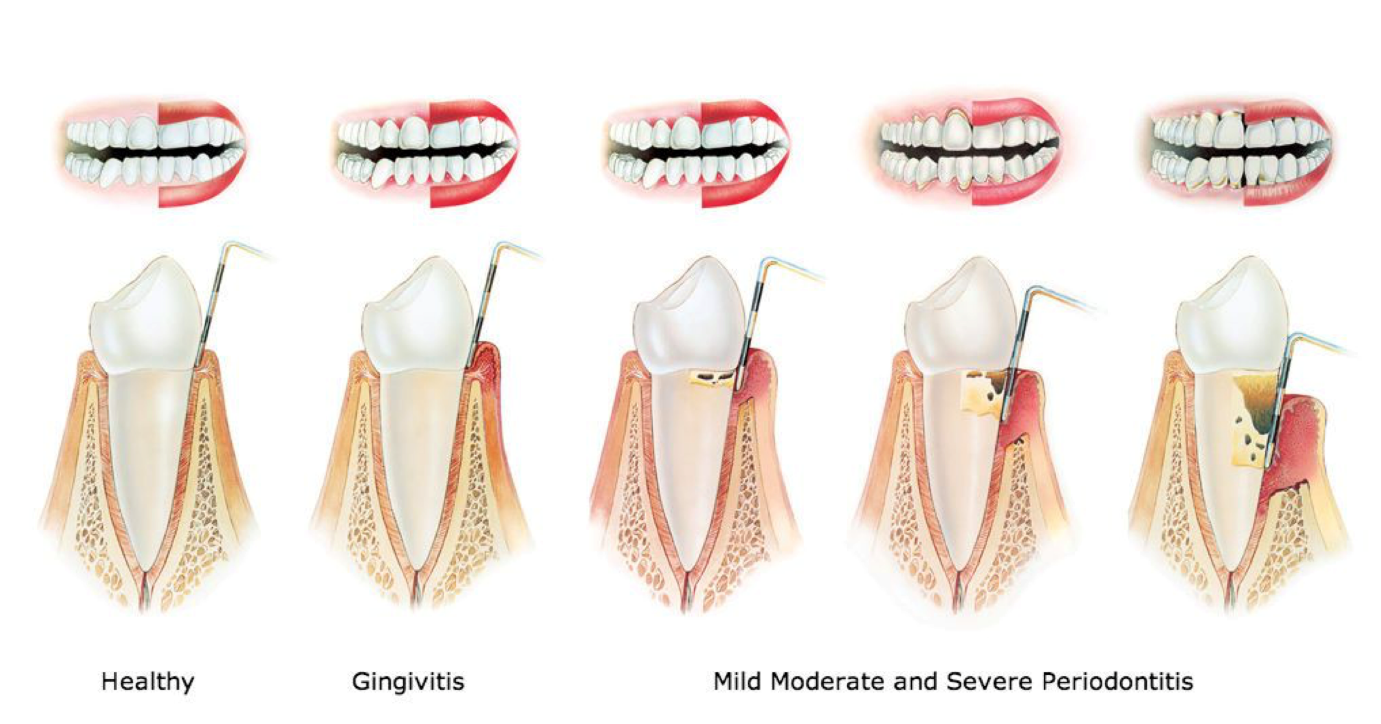Good dental hygiene can help to prevent and treat:
- Gum disease
- Loose teeth
- Bad breath
- Bleeding gums
- Stained teeth
The Peaks Dental and Implant Centre has a fantastic clinical team to help you keep your teeth and mouth in top health. If you are looking for a professional private dental hygienist within a 10-mile radius of the Greater Manchester area, then we are your ideal hygienist. So why not call us or pop in and we will get you booked in at a time that suits you.
You can even break down the cost of your hygiene appointments, by joining one of our brilliant plans; allowing you to spread the cost of dental and hygiene appointments throughout the year.

Oral Hygiene
Your oral health is more important than you might realise. It is more than just clean teeth and plays an important role in your overall health. The health of your teeth and gums offers clues about your general health and some problems in your mouth can affect the rest of your body. Your mouth is naturally full of bacteria which are mostly harmless.
Normally the body’s natural defences and good oral hygiene (brushing twice a day and cleaning interdentally) are enough to keep the levels of bacteria in check.
However, when either of these start to decline; from poor brushing technique, not brushing twice a day, or impaired immune system, the bacteria can reach harmful levels that lead to gum disease and tooth decay. The longer the bacteria is left to stagnate in the mouth, the more harmful and damaging the effects are in the oral cavity.
What is Gum Disease?
Healthy gums appear firm and pale pink and fit snuggly around your teeth. Gum disease is a largely preventable disease that occurs when the bacteria in your mouth has built up and formed plaque - a sticky white substance that can feel furry on your teeth and gums, and calculus (tartar) – a hard yellow deposit that becomes firmly attached to your teeth and gums.
Your gums will become inflamed – red and swollen, sometimes tender, and will bleed when you brush or clean interdentally. Bleeding is the 1st sign that gum disease is active and starting to develop, and should be an early warning sign that something is not quite right and you need to visit your dentist or hygienist.
There are 2 types of gum disease:
Gingivitis – Gingivitis is the 1st stage of gum disease and is the initial inflammation and bleeding of the gums caused by the build up of bacteria. It is reversible and will return back to health with a good brushing technique twice a day and daily interdental cleaning. Your dentist/hygienist can help to show you the best technique and tools to achieve this.

Periodontal Disease (Periodontitis) – Periodontal disease develops when the bacteria migrate under the gum. Here it creates “pockets” that can get full of bacteria as they are difficult to clean with your toothbrush. This causes harmful inflammation and infection to the tissues that support the tooth and if left untreated can lead to the loss of the supportive bone that holds the teeth in place. This loss of supportive bone leads to the teeth becoming loose and eventual tooth loss. You may also notice; pain when chewing, bad breath as the bacteria stagnates within the pockets, gum recession making your teeth look longer, and the spaces between your teeth getting bigger. This is a preventable disease if managed early enough. It is an irreversible disease, however, it can be improved, kept stable and maintained with excellent oral hygiene and regular non-surgical periodontal therapy with your hygienist. This involves regular and thorough cleaning within the pockets to remove the bacteria and calculus. You will also be shown how to maintain a high standard of oral hygiene at home to prevent the bacteria re-entering the pockets.
What conditions can be linked to oral health?
Your oral health can contribute to various diseases and conditions that affect your general health, such as;
- Endocarditis – the bacteria and infection that can develop in your mouth can travel through your bloodstream into the inner lining of the heart chambers and valves. The bacteria can attach to these areas of the heart causing inflammation and infection here.
- Cardiovascular Disease – Although the connection is not fully understood, some research suggests that heart disease, clogged arteries and stroke might be linked to the inflammation and infections that oral bacteria can cause.
- Pneumonia – certain bacteria in your mouth can be inhaled and pulled into your lungs, leading to pneumonia and respiratory diseases. Certain conditions can have an affect on your oral health:
- Diabetes – diabetes reduces the body’s own immune response to the presence of bacteria and resistance to infection. Gum disease appears to be more frequent and severe among people who have diabetes. It has also been found that diabetics who have gum disease have a more difficult time managing their blood sugar levels.
- HIV/AIDS – this reduces the body’s immune response to combat bacterial infection. Painful oral lesions are also common which can make oral care difficult due to pain when brushing.
- Osteoporosis – this disease causes weakening of the bones – it can lead to periodontal bone loss and tooth loss. Certain drugs used to treat this condition carry a small risk of damage to the bones of the jaw.


